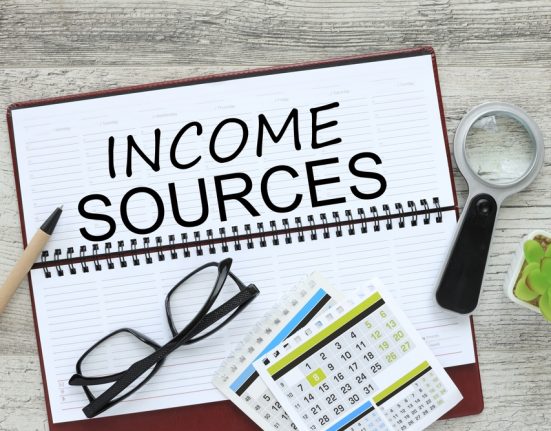The market rout has been painful for investors. But the sting may be especially sharp for anyone who has recently retired or is planning to in the next year or two.
It’s worth remembering that bear markets are not unusual or permanent. Since 1928 there have been roughly one or two a decade. They don’t always precede recessions. And they typically last less than two years.
That said, retiring into a bear market can be harder on your financial well-being if you have to draw down from your portfolio before it has a chance to recover.
A Vanguard study estimates that if you enter retirement during a bear market with a balanced portfolio (half stocks, half bonds) and rely on that portfolio for 100% of your income, making withdrawals when stocks are down could increase the chance you outlive your money by 31% and reduce your income stream by 11%.
“Every withdrawal turns a negative return, which is temporary in nature, into a permanent impairment of the balance. The amount withdrawn at a considerable loss reduces the opportunity to recover over the long term,” the Vanguard researchers wrote.
But there are a few strategies new retirees and those nearing retirement can use to protect their nest eggs during a bear market.
Bolster your liquid reserves
Some planners recommend at least two to three years’ worth of income set aside in liquid assets such as cash or cash equivalents and short-term bonds to draw from during market downturns.
Certified financial planner Craig Toberman, founder of Toberman Wealth in St. Louis, recommends his clients keep a more conservative five years’ worth of income in liquid assets. For example, if you have a $1.25 million portfolio and hope to withdraw $50,000 a year in retirement, you’d want to keep $250,000 of it in liquid assets. That’s the money you would draw from during a bear market so you don’t have to sell your stocks at a loss, he said.
Review and reduce your spending
To bolster your cash reserves — especially if you haven’t retired yet — take a hard look at your current spending and see what can be cut.
This can be an especially helpful exercise if you’re still working.
“Most people can’t spend at the same level in retirement as they did when they were working,” said Rose Niang, a certified financial planner and director of financial planning at Edelman Financial Engines. “Lower your living costs now and use [the savings] to bolster your cash reserve going into retirement.”
The added benefit: It may help you adjust better to life in retirement.
If you’re already retired, track your current spending and distinguish which expenses are needs vs. wants. And cut back on some of the discretionary items.
Reassess plans for large expenses too.
“Do you need to buy that new car or can the car you have last a couple more years? Do you need to take that expensive vacation now?” Niang said.
And if you haven’t already, she added, downsizing your home can reduce your expenses, too.
Stay flexible
Like life, retirement may not be linear or predictable, Niang said.
You may change your mind about how you want to live. Or a medical crisis, a bear market or the birth of grandchildren may alter your financial plans.
So your portfolio has to serve your goals as they evolve. And as they do, you’ll need to periodically review your drawdown strategy.
You may need to adjust your withdrawals, for example, if expenses change or your portfolio takes a big hit during the bear market.
Toberman said he runs Monte Carlo simulations on the combination of a client’s investments, spending and income sources to assess their probability of meeting their goals. The aim is to achieve an 85% to 90% probability of doing so.
Online calculators — such as those provided by the custodians for your 401(k) or IRA — can help you gut check your chances of not running out of money given the variables you enter. For a more detailed assessment you might consider working with a fee-only certified financial planner. You can find one near you through the Garrett Planning Network, the XY Planning Network or the Certified Financial Board of Standards at LetsMakeAPlan.org.
Consider working
You may have already made the decision to quit the workforce, but don’t discount the possibility of working a little longer or going back to work.
If you were planning to retire in the next year or two, maybe hold off on giving notice until there’s more clarity around whether there will be a recession, Toberman suggested.
Or if you’ve already retired, and especially if you haven’t set aside a big cash cushion to ride out the stock downturn, consider taking on part-time work to lighten your dependence on your portfolio.
The good news, Toberman said, is that the labor market has never been tighter. “It’s different than 2008, when there were no jobs.”







